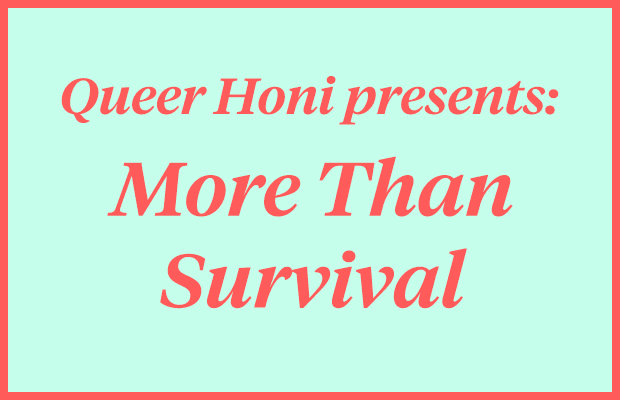I want you to imagine your favourite TV Show, no matter what it is. Why do you like it? Is the genre your favourite? Can you relate to the characters and their struggles or successes? Did it frame the way you think about the world?
With the answers to those questions in mind, I need to ask.
What would you do if that show stood up and told you that you were completely expendable?
That might sound like it would be a terrible choice for any network, but it is what has happened to the queer community through the media for decades. Because of the fear and concern about the ratings and majority audience perception, networks have turned queer relationships into marketing tools to be used and thrown away as quickly as their respect for their audiences. This mistreatment is a continued result of intense homophobia to the highest degree of the word – legitimate fear of same sex relationships.
Hundreds of queer females who have been killed purely as plot devices or for shock value, the “Bury your Gays” trope has been a recognised facet of film and television for years. In 2016, however, queer fans found their voices.
The 100 spent a significant amount of time since her introduction in early season 2 cultivating a complex relationship between her and the shows protagonist, Clarke, exploring dimensions of a relationship often not seen because of the specific circumstances of the show. Not only was Lexa incredible because of her representation of queerness, she was incredible for representing a strong female in ultimate power, a dominant displayer of strength, honour, and intelligence. She was an ideal role model for young queer women who had never seen themselves on screen before and the producers used her as a plot device, ending her life in an unfitting, unworthy way. The real world reaction to her death was wild; billboards being raised in her honour, a worldwide trending hashtag that still revives three years later, and a still active fanbase not only of the show itself, but of “Clexa”.
I cannot speak for everyone, but I can say what I know. Lexa’s death made me feel worthless. At the time I was young and out, and I was craving positive representation on screen. female characters who will openly love other female characters was what I needed to see, and instead I was seeing those who represented my identity being thrown away, unimportant, erased. How could I ever deserve a happy ending?
However, whilst you can be made to feel worthless by negative representation, positive representation works in exactly the opposite way. Especially if it is as rare as healthy onscreen relationships are for the lgbtq+ community. A direct comparison can be made to the treatment of Nicole Haught in Syfy’s supernatural western, Wynonna Earp. Nicole and Waverly Earp’s relationship is built on from Nicole’s suggestive introduction, as full and fleshed out as the Lexa storyline, albeit in a very different way, and eventually the surprise antagonist shoots Nicole in the chest. When Waverly and Wynonna run to aid her, she is wearing a bulletproof vest, “standard operating procedure.” With showrunner Emily Andras going on record to ensure the safety of the queer characters, this choice by the shows creators has been a huge part of the reason the show has generated it’s following. Wyonna Earp subverts tropes of the traditional western genre, replacing characters that would typically be occupied by white men with a diverse in interesting, layered rolls. The fandom has grown around the unkillable gays of Wynonna Earp, and unlike the way The 100 shaped a dark future for queer relationships, Wynonna Earp provides hope and promise of a happy ending.
I spoke with Jenna Laurenzo, queer director of the lesbian holiday comedy Lez Bomb, In a recent interview I conducted for LOTL magazine, “It’s important to see happy endings for LGBTQ+ characters. Seeing happy endings gives courage to step into our authentic selves, and provide faith there is in fact, light at the end of that tunnel. Very often LGBTQ+ stories do not have happy endings. Sure, these stories are also important to tell. However, it’s time to bring some levity to the narrative, along with happy endings. Otherwise, as storytellers, we miss the opportunity to provide LGBTQ+ audiences with stories that reflect their own happy endings. If we don’t show happy endings, we’re subtly suggesting those stories aren’t worth telling and celebrating.”
We are not expendable. We are important, and our stories are worth telling. Positive representation is essential. With more positive representation of healthy queer relationships, there will be less young people thinking of themselves as abnormal or wrong. With more mainstream media rejecting homophobia and accepting queer characters and relationships, more young people will live to experience them.
Please check out Wynonna Earp (Season 1 & 2 Available on Netflix).





